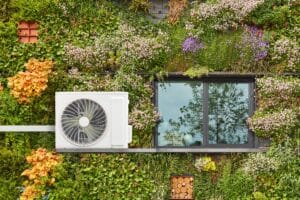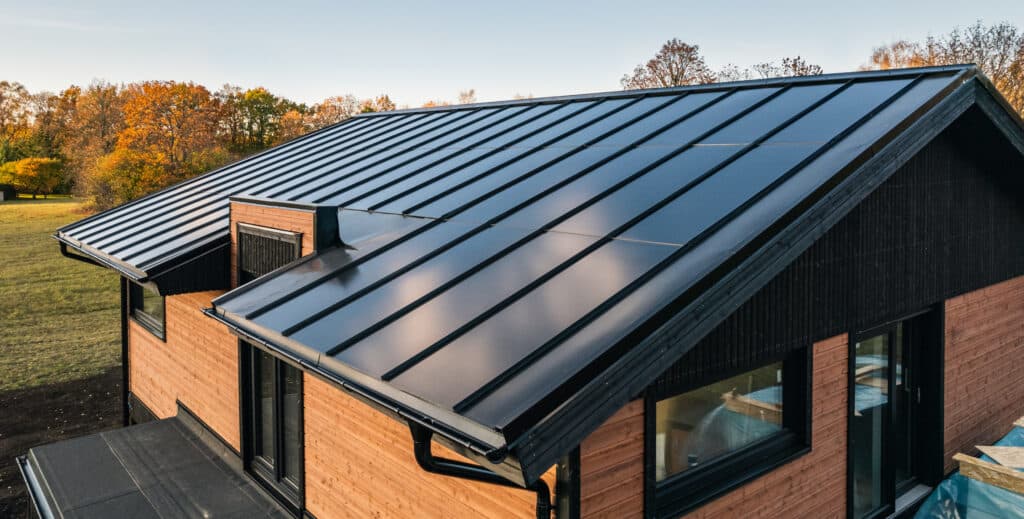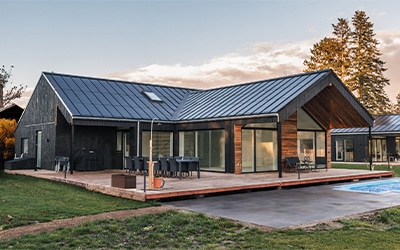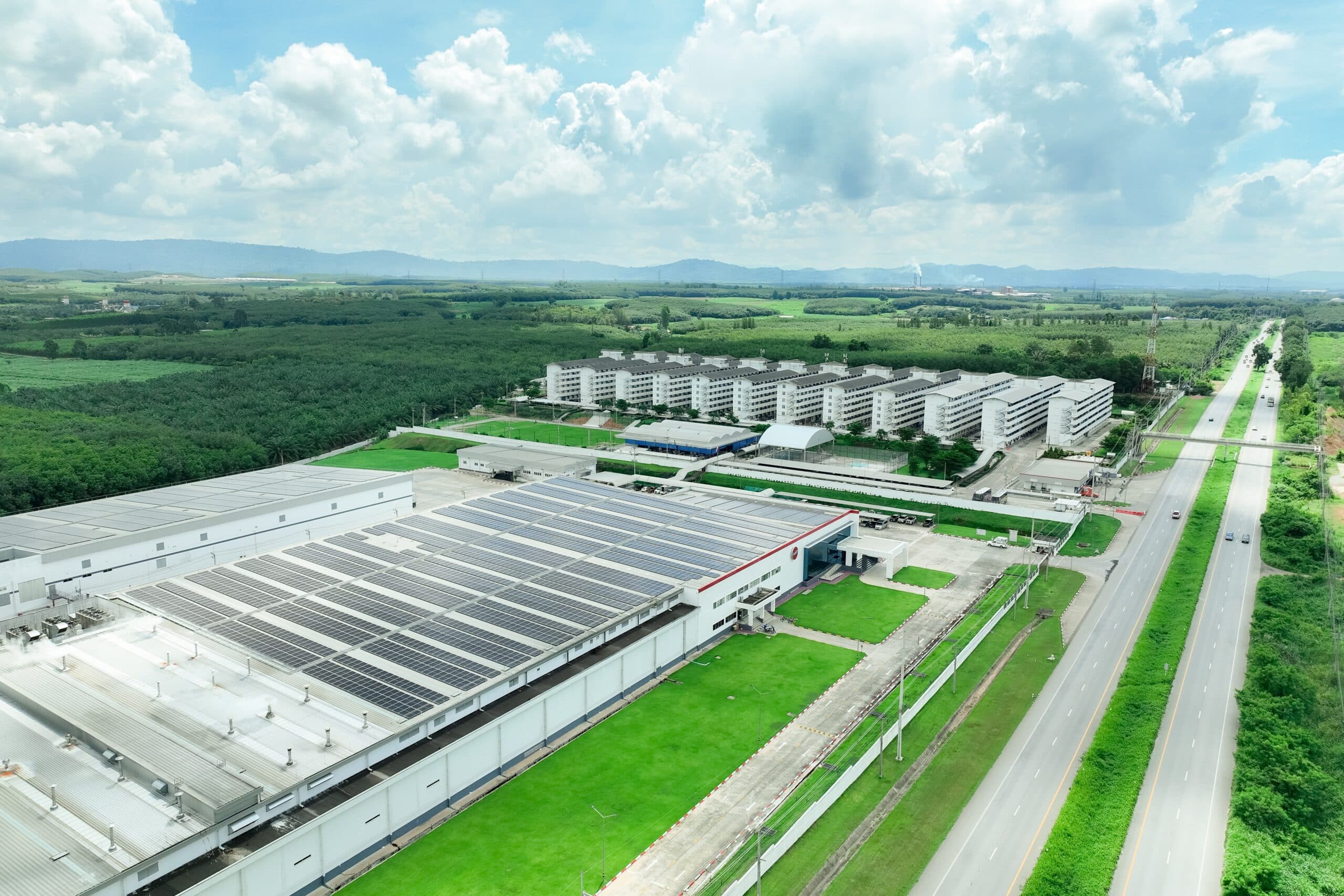When considering heating solutions for your home, air source heat pumps (ASHPs) are a stand out choice for their eco-friendly heating benefits and energy efficiency. They offer a sustainable way to heat your space, but have you ever wondered how they actually work?
Understanding the mechanics behind air source heat pumps can help you make informed decisions about an alternative to gas boilers in your home’s heating system. Read on to find out more about these modern pieces of equipment.
The Environmental Benefits of Air Source Heat Pumps
Using air source heat pumps (ASHPs) can significantly reduce carbon emissions compared to traditional ground source heat pumps. By utilising renewable energy from the air, these heat pumps play a crucial role in climate action efforts. They help lower your carbon footprint by converting the natural warmth in the air into usable heat for your home.
They also excel in energy efficiency, as they require minimal electricity to operate, especially when compared to normal heating systems. This reduced energy consumption translates to lower carbon emissions.
ASHPs are the go-to green heating solutions. Their reliance on renewable energy sources and high energy efficiency make them key players in reducing carbon emissions.
How Do Air Source Heat Pumps Work?
Air source heat pumps (ASHPs) efficiently extract heat from the outside air and transfer it into your home/property for heating. This process involves a heat transfer mechanism that utilises a refrigerant cycle. The outdoor unit of the heat pump absorbs ambient air, even in cold temperatures, and the refrigerant within the system carries this heat indoors. Once inside, the heat is released and distributed throughout your property via a fan system.
Efficiency ratings are often represented by terms like Seasonal Coefficient of Performance (SCOP) or Heating Seasonal Performance Factor (HSPF), which indicate how well the heat pump can heat your home relative to the energy it consumes. Higher ratings signify better efficiency, leading to cost savings and reduced energy consumption.
Modern air source heat pumps are designed to operate quietly, but it’s important to check the decibel levels of the unit you choose to ensure minimal disturbance. Proper installation can also help reduce any noise generated by the outdoor unit.
Cost Savings and Efficiency With Air Source Heat Pumps

As mentioned, air source heat pumps offer significant energy savings. This process makes them a cost-effective heating solution that can lead to lower utility bills over time.
These systems can heat and cool your home, eliminating the need for separate heating and cooling units. By transferring heat, these systems can maintain a comfortable indoor temperature.
How To Install An Air Source Heat Pump
When installing an air source heat pump, one of our certified experts will take care of the hard work. But, as a rough guide, here are some steps to a successful installation:
Installation Process:
- Begin by selecting a certified HVAC professional for proper installation.
- Our technician will assess your home’s heating needs and recommend the right-sized unit.
- The outdoor unit will be placed on a stable surface with enough clearance for proper airflow.
- They will connect the indoor and outdoor units following manufacturer guidelines for best performance.
Powering Your Air Source Heat Pump
Harnessing the power of renewable energy sources such as domestic solar panels or battery storage is a fantastic way to power your air source heat pump. We provide sustainable alternatives to gas boiler heating and traditional grid electricity.
Our battery storage solutions also allow you to store excess energy generated by your solar panels for use during times of high demand or when sunlight is limited.
With Smartly Energy’s power options, you can maximise the efficiency and sustainability of your ASHP, while also reducing your carbon footprint and energy costs.
Choosing the Right Air Source Heat Pump
Choosing the right air source heat pump is crucial for maximising energy efficiency. Luckily, our experts are on hand, ready to help you find the right choice – get in touch. We will evaluate your situation and consider key factors, including:
Size & Heating Capacity
A system that is too small may struggle to adequately heat your space, leading to discomfort and inefficiency, while an oversized unit could result in unnecessary energy consumption and higher operating costs. By accurately assessing your home’s heating requirements, you can find an ASHP that strikes the right balance.
Efficiency Ratings
Pay close attention to the energy efficiency ratings of different ASHP models. We only stock units with high Seasonal Coefficient of Performance (SCOP) ratings, indicating improved energy efficiency and lower operating costs over time.
Noise Levels
Consider the noise level of the ASHP as well, particularly if it will be installed in close proximity to living spaces or neighbouring properties. Units with advanced noise reduction might be the best choice for you if noise is a concern.
Common FAQs & Tips
It’s time to address some common FAQs and share valuable tips to keep these systems running optimally.
Which houses are not suitable for heat pumps?
While air source heat pumps (ASHPs) are quite versatile, there are certain situations where they may not be the most practical option. Houses with limited outdoor space or inadequate insulation may not be suitable for ASHPs, as these factors can impact the system’s performance.
Also, homes located in extremely cold climates may require supplemental heating sources during periods of extreme cold, as ASHPs may struggle to extract sufficient heat from the air.
How do I know if my house is suitable for a heat pump?
Our team of qualified experts specialises in evaluating properties to determine if installing a heat pump is feasible. Through detailed diagnostics, we’ll provide you with the information you need to determine if your house is suitable.
Can heat pumps be installed with radiators?
Yes, heat pumps can be installed with a radiator. While traditional radiators are designed for use with boilers, modern heat pumps can work efficiently with radiators when properly installed and configured to do so.
By using a compatible heat pump system and making necessary adjustments to your existing radiator setup, you can enjoy the benefits of energy-efficient heating throughout your home.
Do you need planning permission for a heat pump?
No, in most cases, planning permission is not required for the installation of a heat pump. There are certain circumstances where planning permission may be necessary, such as if your property is listed or located in a conservation area. So, it is always best to check with local authorities.
Are Air Source Heat Pumps Classed As Renewable Energy?
Yes, air source heat pumps are renewable energy sources. They do not rely on the combustion of fossil fuels and produce significantly lower carbon emissions, contributing to a reduction in greenhouse gas emissions.
Upgrade Your Property With Air Source Heat Pumps Today
Upgrade your property with air source heat pumps today and get started working towards a sustainable, cost-effective future. As a well-reviewed Renewable Energy Consultancy, we go beyond the standard “solar panel installer” approach, which is why we cover all disciplines of solar energy.
Our mission is to educate customers about the benefits of renewable energy and guide them towards the optimum solution. At Smartly Energy, we only source the best products in Europe, with a commitment to minimising our carbon footprint.
Ready to get started? Contact us today to learn more about how we can help.



